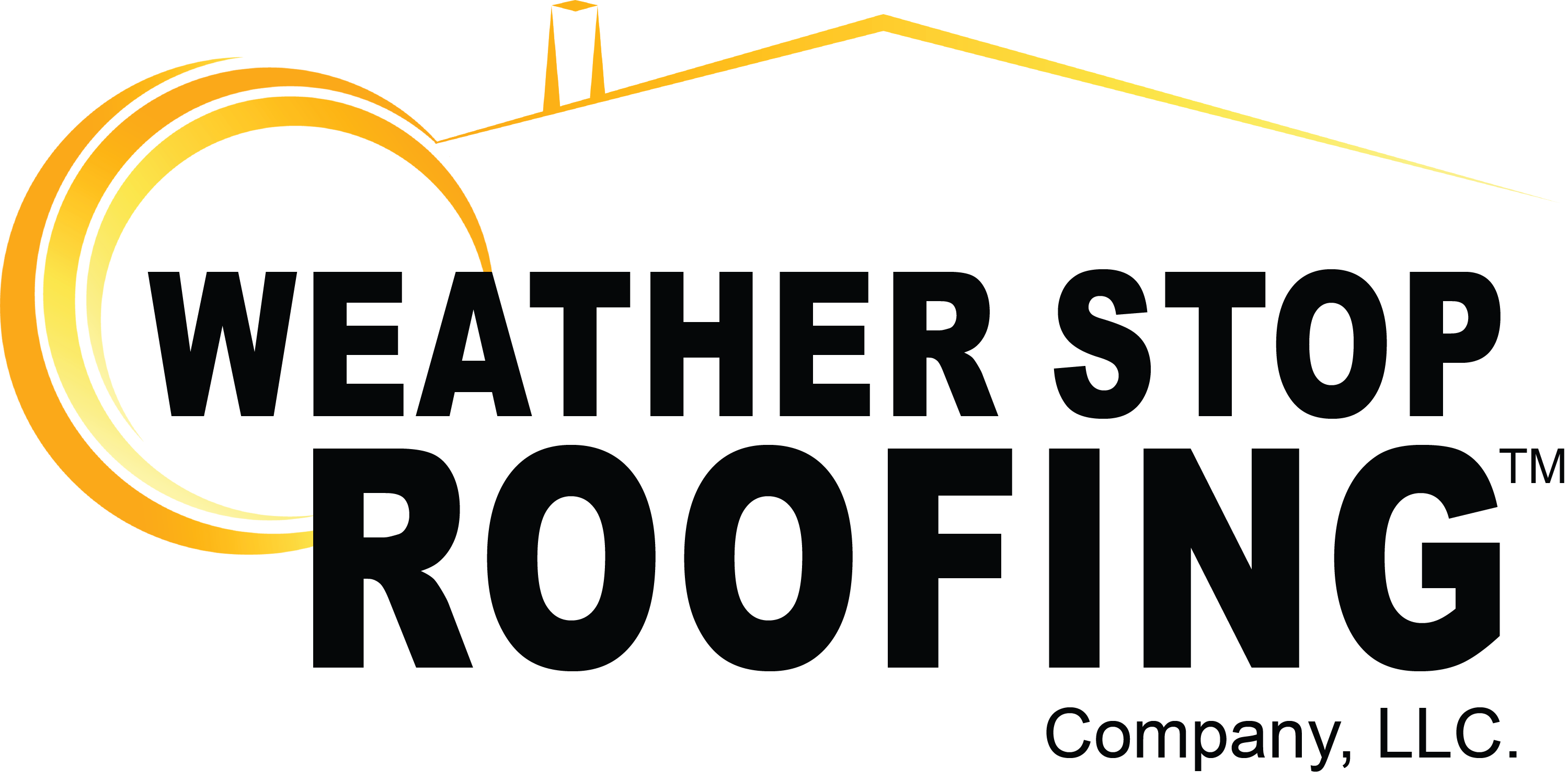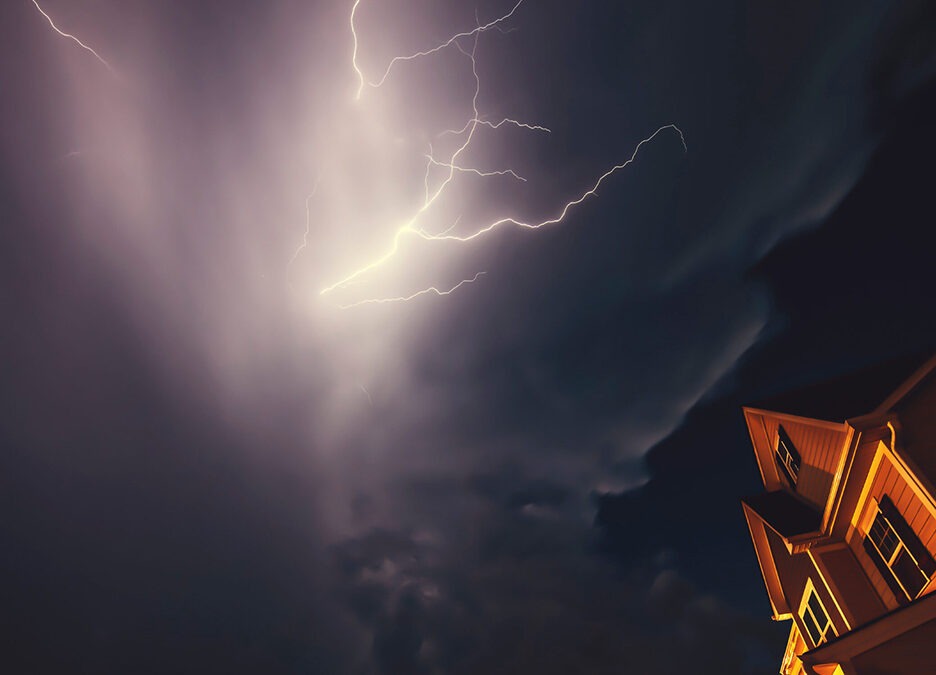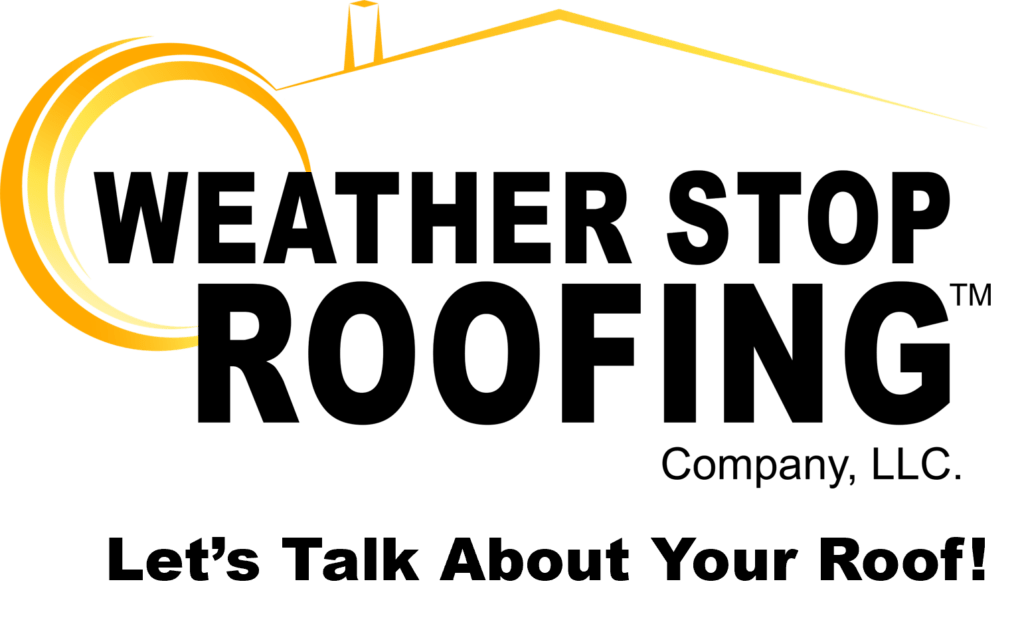There’s a reason storm chasers get a bad rep in the roofing industry, both from homeowners and other roofing contractors. Hiring a licensed, reputable roofing contractor shouldn’t be complicated. Yet many have fallen victim to fly-by roofing “companies”. To avoid paying for poor workmanship, encountering recurring issues down the road, and being pushed into hasty contracts, it’s vital to know the warning signs of roofing scams. In this blog post, Weather Stop Roofing explains how to avoid storm chaser scams so you can be rest assured you’re getting high-quality service.
What Are Storm Chasers?
Storm chasers are predatory roofing contractors who follow storms around the country. Following a severe storm which has caused a lot of damage to homes in a particular area, these companies show up and start knocking on doors seeking jobs. They may also call you directly, claiming to be a representative from your insurance company. Typically, these contractors will be from out of state, and almost always disappear following payment and completing a job, oftentimes lacking in quality workmanship. If a storm has recently moved through your area and someone shows up at your door trying to get on your roof and get a signed contract on the spot, chances are they are a storm chaser looking to take advantage of your situation. Click through some of the hallmark signs of storm chasers below to better understand of what you should beware.
How Does The Scam Work?
The business model of storm chasers centers around fear tactics and pushy salesmanship. Storm chasers are in it to make quick and easy money, cutting corners as a rule, and spending little to no energy on customer service. The process follows a pattern similar to this:
1. Severe storm hits your area, causing widespread or isolated and devastating damage
2. Storm chasers approach you through door-knocking or cold-calling campaigns, canvasing your neighborhood without first being contacted for their services
3. Insist on inspecting your roof on the spot, and possibly request a signed contract to do so (some contracts signed for inspections may have fine print which legally binds you to using their services)
4. Conduct and vague and dishonest inspection which may even include further damaging your roof
5. Use fear tactics to scare hyou into hastily signing a contract – they may tell you that if the work is not completed right away, your roof will suffer irrevocable damage which could spread to other portions of your home and/or cost you far more by waiting
6. Provide a vague estimate for the work and dodge any questions regarding the details or refuse to amend the bid according to your concerns or preferences
7. Hastily complete the job, oftentimes cutting corners by using low-quality materials and cheap labor while ignoring local building codes (this may leave you with a subpar roof resulting from shoddy workmanship)
8. Collect the payment, either upfront or immediately following the job with or without an invoice and/or warranty
9. Leave town after job is completed and do not answer your phone calls/emails
10. Are untraceable online for contact or reviews because they do not have a presence on local listings such as BBB, Yelp, Google, Angi, Facebook, etc.
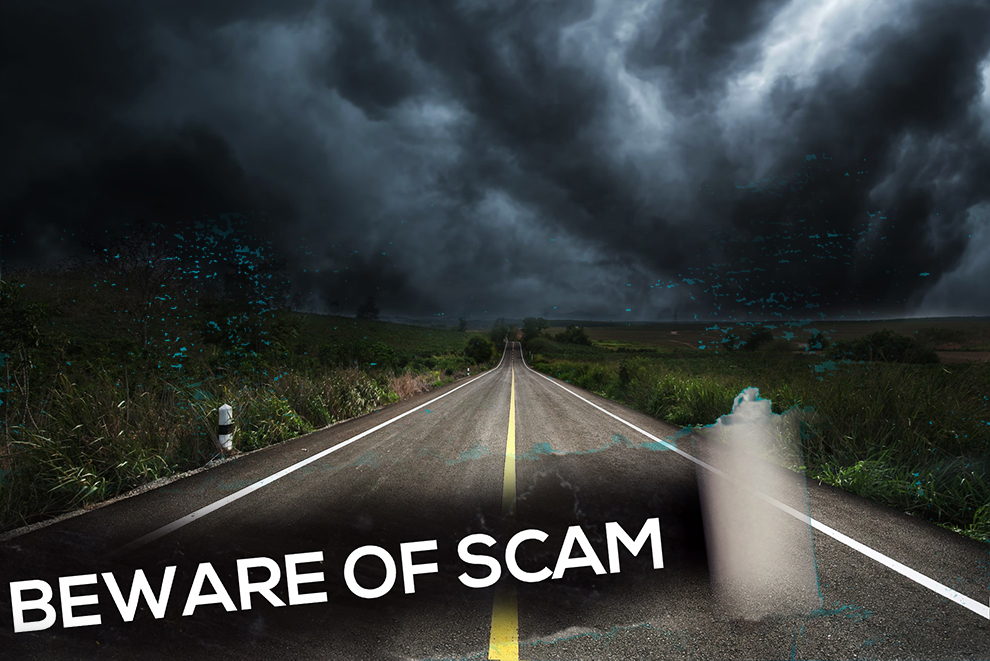
How To Avoid The Scam
Not all door knockers are scammers. Following a severe storm, some local roofing companies may conduct door-knocking campaigns simply to make their presence known and make homeowners aware of their services. The difference is these local companies will not try and pressure you into a hasty inspection or contract. When a roofing contractor does knock on your door, you should take certain steps to verify their legitimacy before moving forward with their services.
Always Use A Reputable Roofing Contractor
It may seem daunting trying to avoid a roofing scam, especially in the vulnerable period following a severe storm. The most important thing is to simply be aware – if it doesn’t feel right, it’s probably not right.
Luckily, you can avoid the scammers and still find a reputable roofing contractor in your area.
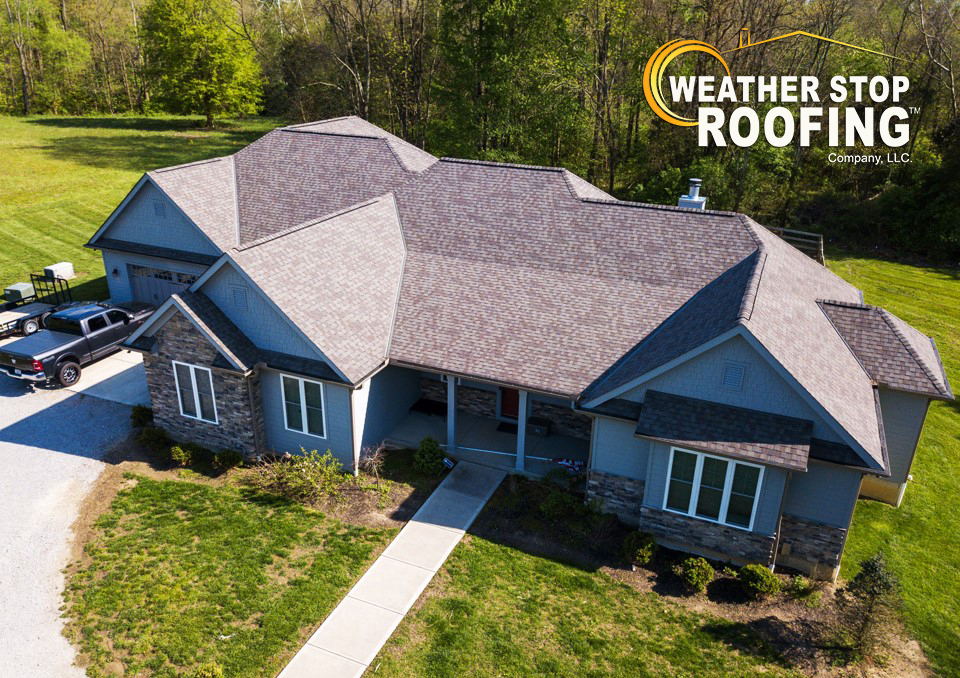
Weather Stop Roofing provides a full spectrum of roofing services and specializes in storm-damage roof repairs and roof replacements, having done many jobs working with insurance companies over the years.
Furthermore, we provide emergency roofing services, such as emergency tarp-ins. This way, you are able to take the time you need to make an informed decision without worrying about further damage to your home through exposure to the elements.

Weather Stop Roofing is your trusted local roofing company. We have been serving home and business owners in Greater Cincinnati with our quality roofing services since 2007. We pride ourselves in being fair and honest, providing thorough inspections, competitive estimates, and quality workmanship. All of our work is warrantied, and our full roof replacements are backed by our Lifetime Material Installer’s Watertight Warranty. We are an A+ rated Better Business Bureau accredited business, fully-insured, and Carlisle Certified.
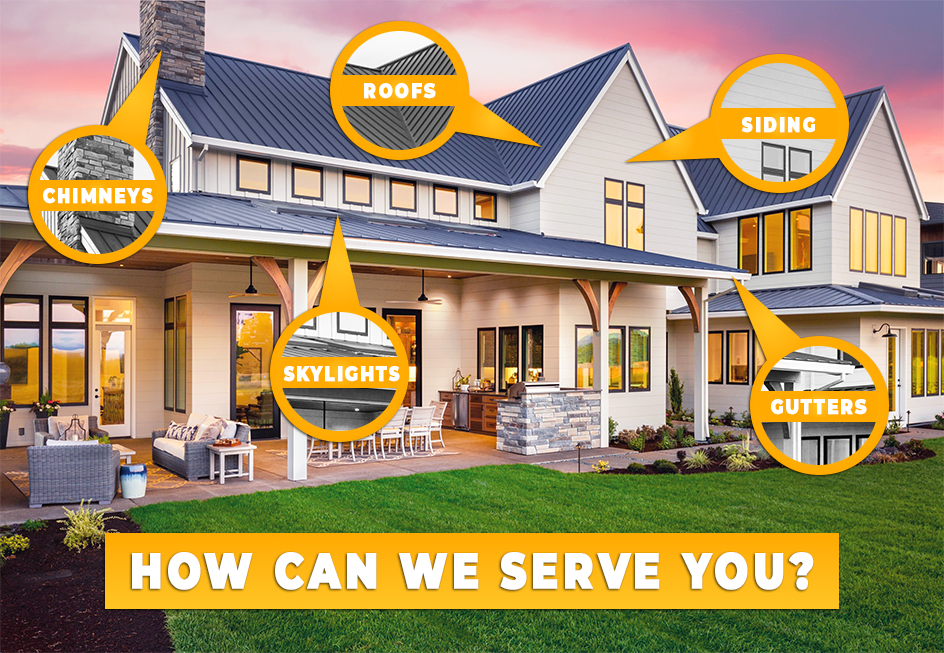
We want you to be completely comfortable with the entire process of your project from start to finish. We don’t consider a job complete until you and our team are 100% satisfied with the result. When you contact us, you will receive a free inspection and a free, no-obligation estimate, with all questions answered. When it comes to our workmanship, you can expect nothing short of industry standard-setting quality. Our goal is to not only have happy customers, but customers who will refer us again and again to their friends, family, and neighbors.
How To Avoid Storm Chaser Scams
Blog by Weather Stop Roofing™
There’s a reason storm chasers get a bad rep in the roofing industry, both from homeowners and other roofing contractors. Hiring a licensed, reputable roofing contractor shouldn’t be complicated. Yet many have fallen victim to fly-by roofing “companies”. To avoid paying for poor workmanship, encountering recurring issues down the road, and being pushed into hasty contracts, it’s vital to know the warning signs of roofing scams. In this blog post, experts cover the most common warning signs of storm chasers, so you can avoid them and find a quality roofing contractor to take care of your home.
What Are Storm Chasers?
Storm chasers are predatory roofing contractors who follow storms around the country. Following a severe storm which has caused a lot of damage to homes in a particular area, these companies show up and start knocking on doors seeking jobs. They may also call you directly, claiming to be a representative of your insurance company. Typically, these contractors will be from out of state, and almost always disappear following payment and completing a job, oftentimes lacking in quality workmanship. If a storm has recently moved through your area and someone shows up at your door trying to get on your roof and get a signed contract on the spot, chances are they are a storm chaser looking to take advantage of your situation. Click through some of the hallmark signs of storm chasers below to better understand of what you should beware.
How Does The Scam Work?
The business model of storm chasers centers around fear tactics and pushy salesmanship. Storm chasers are in it to make quick and easy money, cutting corners as a rule, and spending little to no energy on customer service. The process follows a pattern similar to this:
1. Severe storm hits your area, causing widespread or isolated and devastating damage
2. Storm chasers approach you through door-knocking or cold-calling campaigns, canvasing your neighborhood without first being contacted for their services
3. Insist on inspecting your roof on the spot, and possibly request a signed contract to do so (some contracts signed for inspections may have fine print which legally binds you to using their services)
4. Conduct and vague and dishonest inspection which may even include further damaging your roof
5. Use fear tactics to scare hyou into hastily signing a contract – they may tell you that if the work is not completed right away, your roof will suffer irrevocable damage which could spread to other portions of your home and/or cost you far more by waiting
6. Provide a vague estimate for the work and dodge any questions regarding the details or refuse to amend the bid according to your concerns or preferences
7. Hastily complete the job, oftentimes cutting corners by using low-quality materials and cheap labor while ignoring local building codes (this may leave you with subpar roof resulting from shoddy workmanship)
8. Collect the payment, either upfront or immediately following the job with or without an invoice and/or warranty
9. Leave town shortly after job is completed and do not answer your phone calls/emails
10. Are untraceable online for contact or reviews because they do not have a presence on local listings such as BBB, Yelp, Google, Angi, Facebook, etc.

How To Avoid The Scam
Not all door knockers are scammers. Following a severe storm, some local roofing companies may conduct door-knocking campaigns simply to make their presence known and make homeowners aware of their services. The difference is these local companies will not try and pressure you into a hasty inspection or contract. When a roofing contractor does knock on your door, you should take certain steps to verify their legitimacy before moving forward with their services.
Always Use A Reputable Roofing Contractor
It may seem daunting trying to avoid a roofing scam, especially in the vulnerable period following a severe storm. The most important thing is to simply be aware – if it doesn’t feel right, it’s probably not right.
Luckily, you can avoid the scammers and still find a reputable roofing contractor in your area.

Weather Stop Roofing is your trusted local roofing contractor. We have been serving home and business owners in Greater Cincinnati with our quality roofing services since 2007. We pride ourselves in being fair and honest, providing thorough inspections, competitive estimates, and quality workmanship. All of our work is warrantied, and our full roof replacements are backed by our Lifetime Material Installer’s Watertight Warranty. We are an A+ rated Better Business Bureau accredited business, fully-insured, and Carlisle Certified.

Weather Stop Roofing provides a full spectrum of roofing services and specializes in storm-damage roof repairs and roof replacements, having done many jobs working with insurance companies over the years.
Furthermore, we provide emergency roofing services, such as emergency tarp-ins. This way, you are able to take the time you need to make an informed decision without worrying about further damage to your home through exposure to the elements.

We want you to be completely comfortable with the entire process of your project from start to finish. We don’t consider a job complete until you and our team are 100% satisfied with the result. When you contact us, you will receive a free inspection and a free, no-obligation estimate, with all questions answered. When it comes to our workmanship, you can expect nothing short of industry standard-setting quality. Our goal is to not only have happy customers, but customers who will refer us again and again to their friends, family, and neighbors.
How To Avoid Storm Chaser Scams
Blog by Weather Stop Roofing™
Have you been approached by a storm chaser?
CONTACT A REPUTABLE ROOFING CONTRACTOR TO GET THE JOB DONE RIGHT.
We’re here to answer any and all of your questions. Please don’t hesitate to give us a call or shoot us an email to get the answers!
We want you to be in the know!
If you think you may need work done on your roof following a recent storm or are interested in an insurance claim roof repair or replacement, reach out to us to schedule your FREE inspection and estimate!
Have you been approached by a storm chaser?
CONTACT A REPUTABLE ROOFING CONTRACTOR TO GET THE JOB DONE RIGHT.
We’re here to answer any and all of your questions. Please don’t hesitate to give us a call or shoot us an email to get the answers!
We want you to be in the know!
If you think you may need work done on your roof following a recent storm or are interested in an insurance claim roof repair or replacement, reach out to us to schedule your FREE inspection and estimate!
